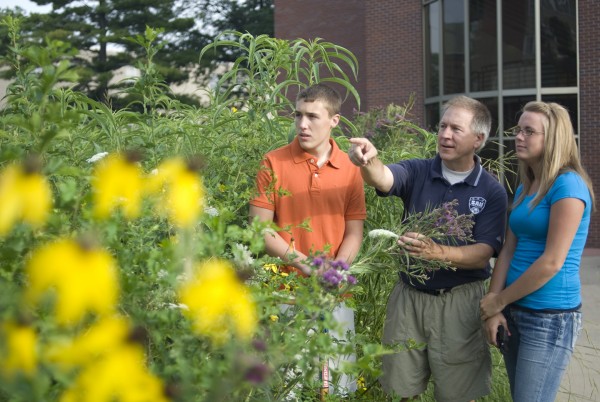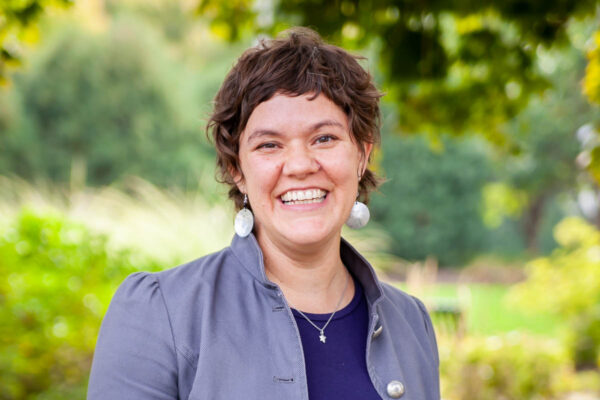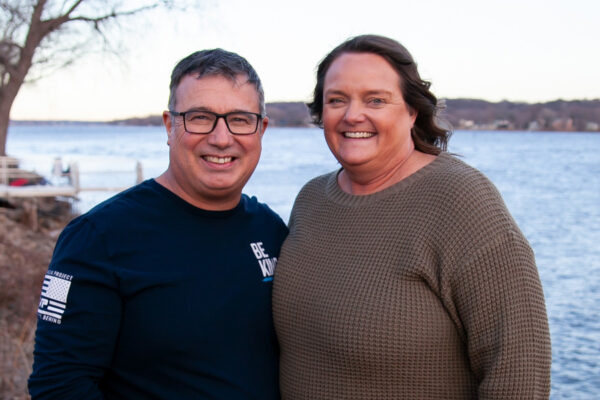Environmental team hosts speaker, encourages involvement
Father Bud Grant is a professor of theology at St. Ambrose University. He teaches environmental ethics, serves on local and state environmental committees, writes widely, and has been recognized with awards for environmental education.
On Sunday, April 17, in honor of Earth Day, Grant will discuss a theological response to redistributive suffering during the learning hour, 10:45-11:30 a.m. at St. Paul.
What is redistributive suffering?
Grant wrote in a recent guest column in the Catholic Messenger about Pope Francis’ environment encyclical, On Care for Our Common Home (Laudato Si’), released in 2015. The encyclical addresses pollution, waste, throwaway culture, clean water, loss of biodiversity, and “weak responses,” among other topics. A portion of Grant’s column focused in on redistributive suffering.
“When some consume more, there are fewer resources for others. World Bank data suggests that the USA consumes about three times as much as China, though it is about four times our population. Slightly more populous than Indonesia, we consume about 18 times as much. Put another way, it would require 3.9 planet earths for everyone on the earth to consume resources and pollute like the United States. Globally, consumption rates are at 1.5 of carrying capacity (i.e. 1-1/2 planet earths). The rich can afford to consume more, the poor can’t. Thus, there are ‘differentiated responsibilities:’ the wealthy have a deeper moral and spiritual responsibility to reduce consumption than do the poor.
“This constitutes what I call redistributive suffering: the rich should, like Simon of Cyrene, take the burden of the cross off the shoulders of the poor Christ (Matthew 27:32).”
Grant added, “Environmental crises are real, advanced, and anthropogenic. Those suffering most include the marginalized, future generations, and the earth itself. Those benefiting from the actions that cause the crises are suffering the least.”
The St. Paul Environmental Team has several ways for people to get involved, including:
The Make It Yours neighborhood cleanup: Saturday, April 16, 10 a.m.-12 noon.
Meet at the south entrance, pick up a litter picker-upper, and spend a couple of hours removing trash from St. Paul’s neighborhood. There’s no need to register, just come. Jules Irish leads this event, which happens a few times a year. Questions? Email Jules at julesi@mchsi.com
Recycling crew: This crew sorts and cleans the recyclable material saved from going to the landfill. Additional members are needed to help – sign up for a shift to help divert items that can be renewed instead. Contact Jan Lloyd at cmljml@q.com or Duane Haas at dlhaas@mchsi.com if you’d like to help.




